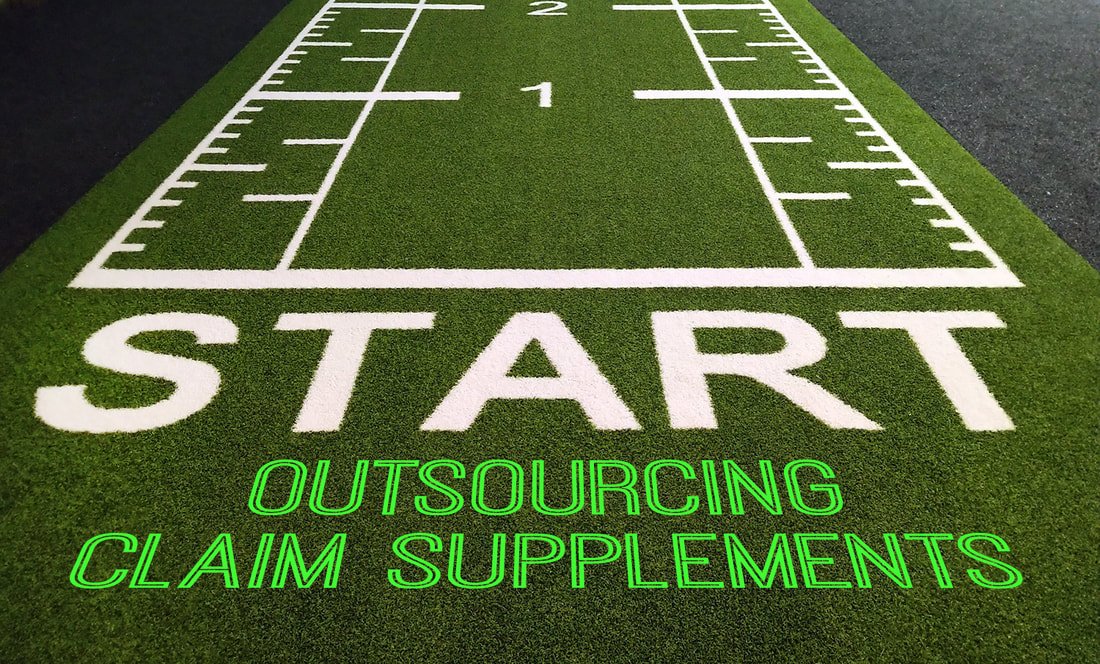When To Outsource Insurance Claim Supplements

How do you know when it’s time to get help with supplementing insurance claims as a restoration contractor? Asking yourself these questions can help with this important decision for your business.
Three Questions that Reveal It’s Time to Outsource Your Supplements
Sometimes when you have a good thing going on, it’s hard to know when to say when. We can get stuck in a mindset of “if it ain’t broke, don’t fix it” that can lock us in a holding pattern and prevent progress.
But knowing when to keep going vs. change direction is critical—especially when it affects your bottom line.
If you are a roofer or general contractor supplementing your clients’ insurance claims, you are no doubt aware that supplements bring a much-needed source of income. (If you are working with insurance claims but are not supplementing them…let’s connect!) At the same time, you also know that supplementing claims in-house can pose some challenges. How do you know if the benefits outweigh the costs?
Here are three questions that can help reveal the answer:
1) Is there a better use of your time?
On average, supplementing a claim can take several weeks – from writing the supplemental estimate to submitting it to the insurance company to negotiating the estimate through several rounds. All of those steps take time—time that could be spent elsewhere.
For example, consider whether it would be more beneficial to your company if, rather than negotiating claims, you used that time to focus on sales, management, marketing, etc. Particularly for company owners who handle supplements themselves, it is important to determine if supplementing is the best use of your limited time.
2) Are you receiving the increase that you want/need?
For various reasons, in-house supplementers tend to receive lower increases than third-party estimators. One reason is because many third-party supplementers have experience working as insurance adjusters, so they understand the insurance system and what adjusters are looking for. In addition, third-party supplementers have dedicated time & resources to work on claims, and they gain valuable experience as they do so.
Those supplementing in-house are often tasked with other commitments, so they may not have adequate time to spend on supplementing claims. If your supplemental increases are below 25-30% (our average increase here at CSP), it may be time to consider switching to a third-party company.
3) Do you find yourself repeatedly investing in staff training (due to turnover, etc)?
We all value our staff and want to invest in their growth & future. At the same time, supplement training takes considerable time, effort, and resources. Staff turnover does occur, and when that happens, you will need to take time to hire and train any new staff in supplementing.
In addition, it is important to note that third-party supplementers often take courses and/or participate in conferences and ongoing training to continue to develop their skills and knowledge of the industry. Offering these same kinds of benefits to in-house staff may not always be feasible.
After answering these questions, it’s possible you may find that outsourcing your supplements saves you time and brings you more revenue to help restore your clients’ homes and property. After all, sometimes the grass really is greener on the other side…
If outsourcing your supplements is something you’re considering, please contact CSP today! We would love to talk with you and discuss any questions that you have.

